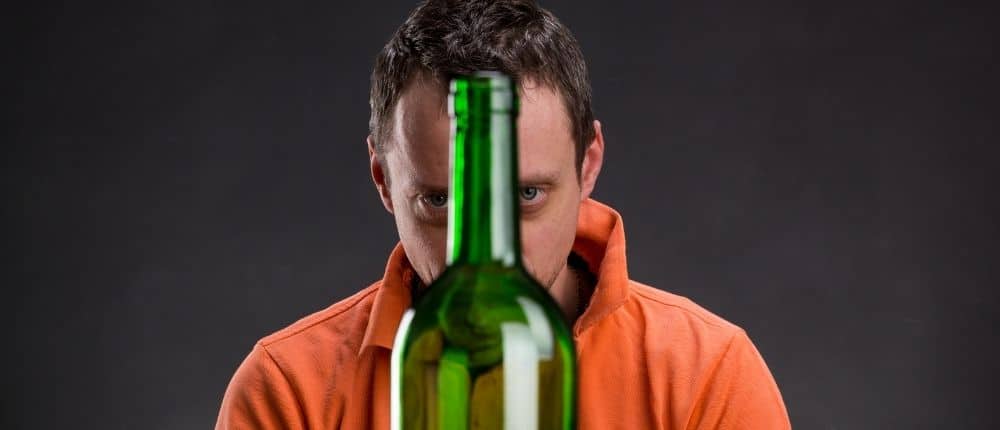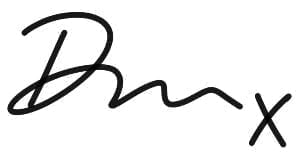
This website uses cookies to improve your experience. We'll assume you're ok with this, but you can opt-out if you wish. Read More
The Next Round: What happens after you change your drinking?


Basically I’m a functioning alcoholic, and every day ends intoxicated. I really want to break the cycle but don’t know how to do it. After 2.5 decades in the military, the drinking culture is embedded. Having left six years ago, I thought I’d reduce boozing heavily, but that hasn’t happened. I’m not into the gym or any physical exercise and am putting on timber, which I don’t like. I’m also fed up with waking up bleary and needing the hair of the dog to start feeling better. How do I end the cycle?

Military drinking culture is legendary. And its legacy can be extremely damaging.
But military or not, you are by no means alone in facing up to problems with drinking. So well done reaching out to ask for help.
In this article, we’ll explore the term “functioning alcoholic” and consider how to deal with the challenge of alcohol dependence. I’ll also suggest some first steps towards change.
“Alcoholic” isn’t a word we use in Club Soda, not at least as a way of describing people. And most health care and psychological professionals won’t use it either. “Alcoholism” is a shorthand for a complex combination of behavioural, psychological and social issues, and it may or may not include physical dependence on alcohol. But alcoholism is not a disease, it doesn’t require you to be abstinent for life and you can develop beyond it. Read more about the myths and misconceptions of problem drinking.
That’s not to say that drinking isn’t causing you problems right now. Alcohol is an addictive substance and changing your relationship with it will take time and effort. But never forget that you are a person first and foremost. Don’t turn your challenges with alcohol into an identity that is loaded with stigma.
However, people do commonly use the phrase “functioning alcoholic”, so it’s worth considering what it might mean:
In reality, just as people use the word “alcoholic” defensively (“well, at least I’m not an alcoholic!”), so people use the phrase “functioning alcoholic” to minimise their struggle with alcohol. We humans are geniuses when it comes to not owning our problems. But a drinking problem doesn’t look like the stereotype of a old man in a gutter vomiting on his shoes. Difficulties with drinking can come with financial resources, social success and a world-class wine collection. Alcohol doesn’t discriminate.
Don’t turn your challenges with alcohol into an identity that is loaded with stigma.
So it’s important to answer two questions honestly:
Owning up to the reality of your drinking can be scary. But personal growth always begins with a measure of honesty about the difficulties you experience. Once you’ve faced them, you can begin to change.
One reality you’ll need to face is that you may have become physically dependent on alcohol.
Needing the hair of the dog to feel better in the morning is a sign that your body may have adapted to alcohol’s persistent presence, and needs it to function anywhere near normally. If this is the case, you must not stop drinking suddenly. Cutting down gradually over several weeks or days is safest, so you can avoid withdrawal symptoms.
Withdrawal symptoms typically begin to emerge six to twelve hours after your last drink and are worst after two to three days. Milder symptoms include shakes, sweating, headaches, nausea and vomiting. Some people feel irritable, agitated, anxious or panicked. You may also have difficulty eating and sleeping. But the majority of people start to feel better after four to five days without the need for medication.
Once you’ve safely stopped drinking, the real work of change begins.
However, some people experience more serious and dangerous symptoms. You must seek urgent medical help if you experience:
These severe symptoms only occur in a minority of cases and can be prevented by carefully reducing alcohol intake or using medication. So talking to your doctor is an important step, especially if you are regularly drinking more than half a bottle of spirits, 1.5 bottles of wine, 3 cans of super lager or 2 litres of strong cider every day.
Once you’ve safely stopped drinking, the real work of change begins.
If you identify as a functioning alcoholic, here are seven essential steps towards changing your relationship with alcohol.
Club Soda is here to support you. Our courses, like How to Stop Drinking, are a perfect companion on your journey of change. You can break the cycle and you will.
Cheers

Dru Jaeger is the author of How to Be a Mindful Drinker, an essential guide to changing your drinking and living well
This website uses cookies to improve your experience. We'll assume you're ok with this, but you can opt-out if you wish. Read More
| Name | Domain | Purpose | Expiry | Type |
|---|---|---|---|---|
| wpl_user_preference | joinclubsoda.com | WP GDPR Cookie Consent Preferences. | 1 year | HTTP |
| PHPSESSID | www.tickettailor.com | PHP generic session cookie. | 55 years | HTTP |
| AWSALB | www.tickettailor.com | Amazon Web Services Load Balancer cookie. | 7 days | HTTP |
| YSC | youtube.com | YouTube session cookie. | 55 years | HTTP |
| Name | Domain | Purpose | Expiry | Type |
|---|---|---|---|---|
| VISITOR_INFO1_LIVE | youtube.com | YouTube cookie. | 6 months | HTTP |
| Name | Domain | Purpose | Expiry | Type |
|---|---|---|---|---|
| _ga | joinclubsoda.com | Google Universal Analytics long-time unique user tracking identifier. | 2 years | HTTP |
| sbjs_migrations | joinclubsoda.com | Sourcebuster tracking cookie | 55 years | HTTP |
| sbjs_current_add | joinclubsoda.com | Sourcebuster tracking cookie | 55 years | HTTP |
| sbjs_first_add | joinclubsoda.com | Sourcebuster tracking cookie | 55 years | HTTP |
| sbjs_current | joinclubsoda.com | Sourcebuster tracking cookie | 55 years | HTTP |
| sbjs_first | joinclubsoda.com | Sourcebuster tracking cookie | 55 years | HTTP |
| sbjs_udata | joinclubsoda.com | Sourcebuster tracking cookie | 55 years | HTTP |
| sbjs_session | joinclubsoda.com | SourceBuster Tracking session | Session | HTTP |
| Name | Domain | Purpose | Expiry | Type |
|---|---|---|---|---|
| mailchimp_landing_site | joinclubsoda.com | Mailchimp functional cookie | 28 days | HTTP |
| __cf_bm | tickettailor.com | Generic CloudFlare functional cookie. | Session | HTTP |
| NID | google.com | Google unique id for preferences. | 6 months | HTTP |
| Name | Domain | Purpose | Expiry | Type |
|---|---|---|---|---|
| _ga_10XZMT03ZM | joinclubsoda.com | --- | 2 years | --- |
| AWSALBCORS | www.tickettailor.com | --- | 7 days | --- |
| cf_clearance | tickettailor.com | --- | 1 year | --- |
| VISITOR_PRIVACY_METADATA | youtube.com | --- | 6 months | --- |
Join Club Soda for 10% off your first order of drinks for UK delivery. Plus get our latest news and special offers for members to choose better drinks, change your drinking and connect with others.
If you get an error message with this form, you can also sign up at eepurl.com/dl5hPn